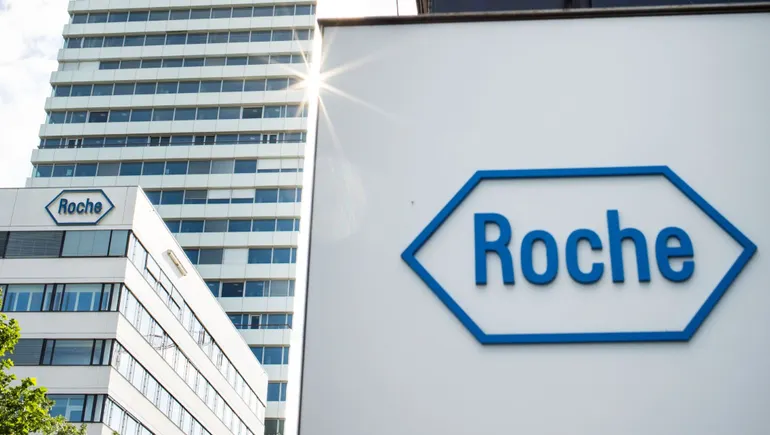Roche’s ambitions to make a mark in the competitive obesity market continue to grow. Earlier this year, the pharmaceutical giant made headlines with its collaboration with Zealand Pharma, a deal valued at over $5 billion. This partnership followed Roche’s acquisition of Carmot Therapeutics, a move that cost the company $2.7 billion and added a range of early- and mid-stage obesity candidates to its portfolio.
As Roche invests heavily to establish itself in this space, its strategy to introduce innovative assets into the market is becoming more defined as its drugs progress through clinical trials. The company is now shedding light on its long-term pipeline plans and potential entry into the direct-to-patient sector, aligning itself with other major pharmaceutical players.
Obesity Pipeline:
Roche’s leading obesity candidate, CT-388, is a weekly injectable dual GLP-1/GIP receptor agonist designed for obesity and Type 2 diabetes. With promising weight loss results already demonstrated in phase 2 trials, where patients experienced an average weight loss of 18.8% over 24 weeks, the drug is set to enter a phase 3 study for obesity later this year. Roche also intends to explore a combination therapy involving CT-388 and petrelintide, an amylin analog obtained through its collaboration with Zealand Pharma.
However, Roche recently made the decision to discontinue the development of CT-173, an early-stage peptide YY analog acquired through the Carmot acquisition. This move was based on a thorough evaluation of the drug’s potential, competitive positioning, and commercial viability.
In addition to its injectable candidates, Roche is also exploring the development of an oral GLP-1, which could provide a competitive advantage in the obesity market in the future.
Direct-to-Consumer Strategy:
Roche is considering following in the footsteps of industry peers such as Pfizer, Eli Lilly, and Novo Nordisk, who have launched direct-to-consumer (DTC) platforms for certain medications, including those for obesity and diabetes. These platforms offer patients lower prices and align with efforts to reduce drug costs, as outlined in a recent executive order from President Trump.
Roche is evaluating the possibility of launching its own DTC platform to offer its future obesity products directly to patients. Executives have expressed interest in exploring this avenue and are in discussions with the U.S. government to ensure compliance with regulatory requirements.
In conclusion, Roche’s strategic moves in the obesity market underscore its commitment to delivering innovative solutions for patients. With a robust pipeline of candidates and potential entry into the DTC space, the company is poised to make a significant impact in the evolving landscape of obesity treatment.


